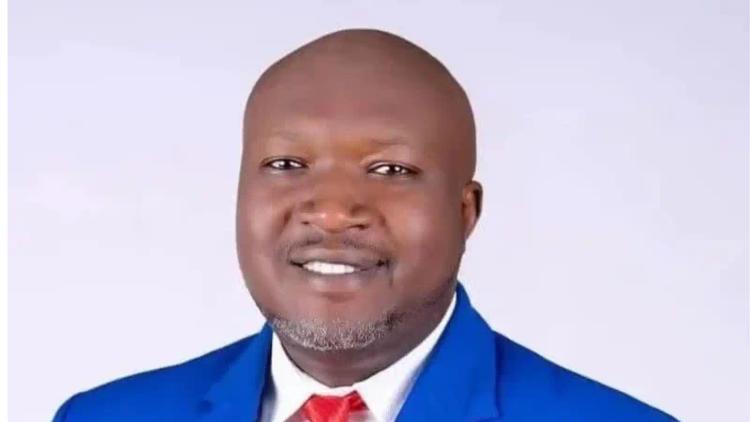Trump Excludes South Africa From 2026 G20 Summit After Diplomatic Clash

President Donald Trump has announced that South Africa will be excluded from next year’s G20 summit in Miami, intensifying a diplomatic dispute that began when the US boycotted last week’s first-ever G20 meeting held in Africa.
South Africa formally handed over the G20 presidency to the United States on Monday. However, the traditional transfer between heads of state was reduced to a symbolic event at the foreign ministry after President Cyril Ramaphosa declined a last-minute request to hand over the presidency to a US diplomat. Trump cited this refusal as the reason for barring South Africa.
“Therefore, at my direction, South Africa will NOT be receiving an invitation to the 2026 G20, which will be hosted in the Great City of Miami, Florida next year,” Trump wrote on Truth Social. He added, “South Africa has demonstrated to the world they are not a country worthy of membership anywhere,” and said the US would “stop all payments and subsidies to them, effective immediately.”
South Africa, which has long championed multilateralism, vowed it would still attend the Miami summit. Ramaphosa emphasized that the country is a G20 member “in its own name and right” and that its membership is recognized by all other members. The presidency said, “South Africa is a sovereign constitutional democratic country and does not appreciate insults from another country about its worth in participating in global platforms.”
The tensions stem partly from Trump’s repeated claims of a “genocide” of white farmers in South Africa, which his administration has cited in criticism of the country. South Africa’s presidency called these claims “misinformation and distortions” and expressed regret that, despite Ramaphosa’s attempts to reset relations, punitive measures continue.
The diplomatic spat escalated after Washington revoked the visa of Naledi Pandor, a former South African foreign minister, just hours after Ramaphosa declined the request to hand over the G20 presidency to a US diplomat. During the recent G20 summit, Ramaphosa successfully led the remaining 19 members in signing a joint declaration, despite Trump’s insistence that no collective statement be issued.
Experts warn that Trump’s move could have broader economic consequences. Chris Hattingh, executive director of the Johannesburg-based Centre for Risk Analysis, noted, “There is a risk that the US will pressure other countries to weaken their trade, investment, commercial and diplomatic links with South Africa, lest they also be pushed out of the G20.”
Despite political tensions, US businesses continue to engage with South Africa. At the recent B20 — the business track of the G20 — representatives from JPMorgan, Visa, and Citi signed a joint statement with South African counterparts to strengthen business ties. Gary Litman, the US business sherpa, said the goal is to ensure political leaders provide an environment where companies can pursue their business objectives.
The exclusion underscores the growing friction between the two nations and highlights the delicate balance between diplomacy, politics, and trade ahead of the Miami summit.


